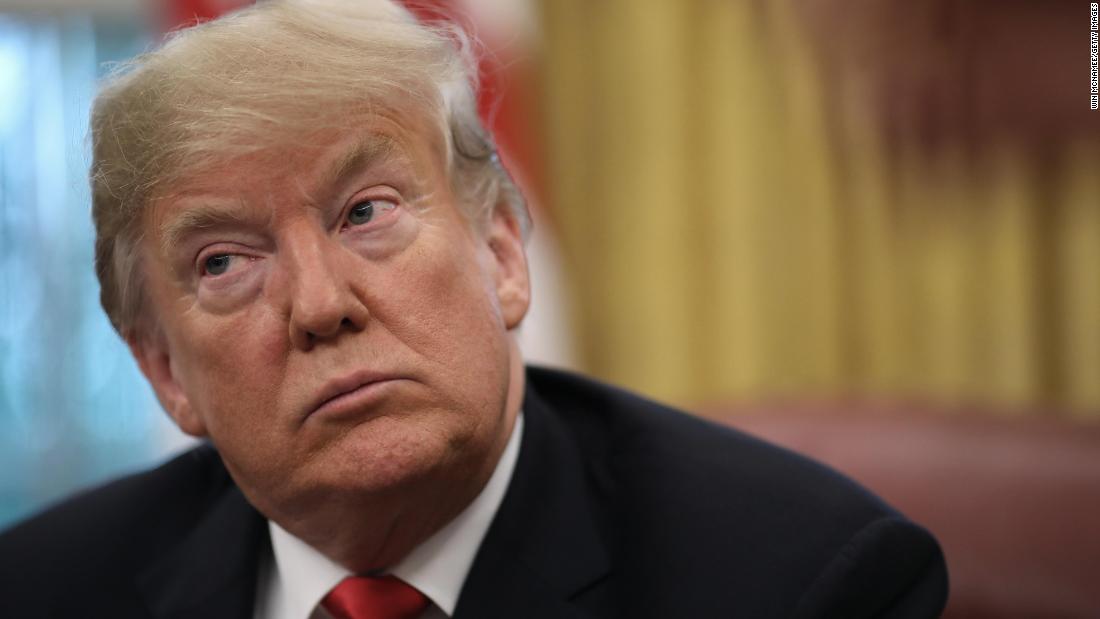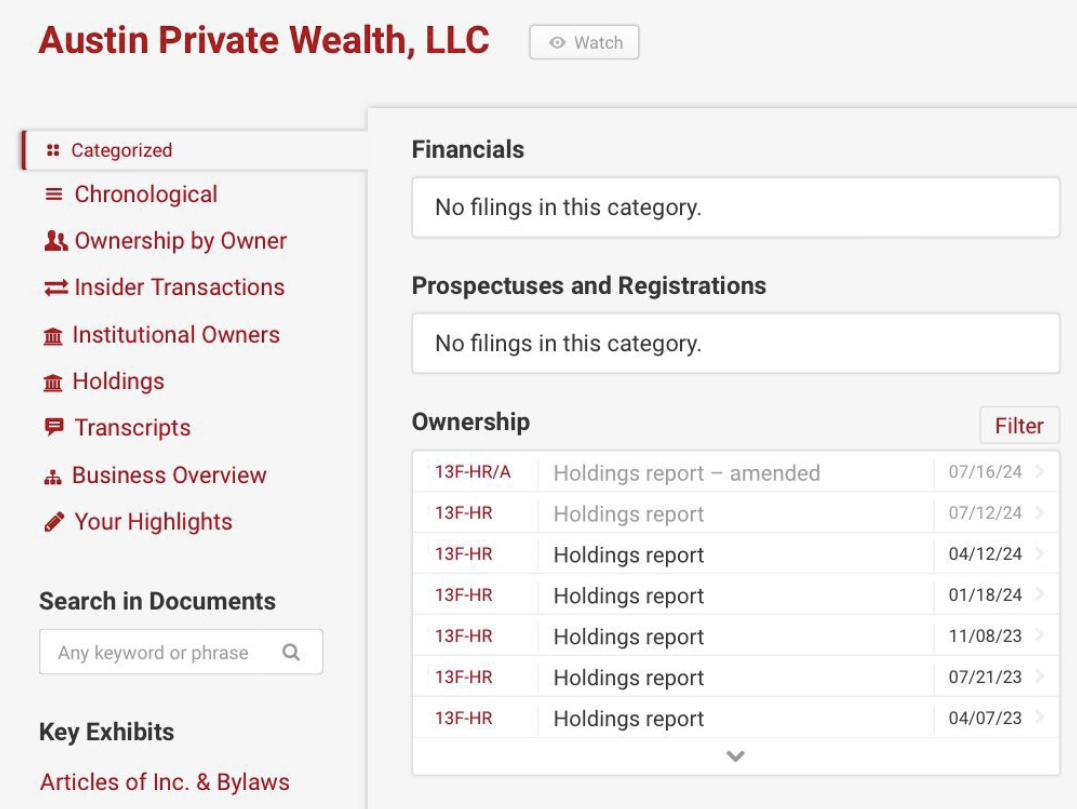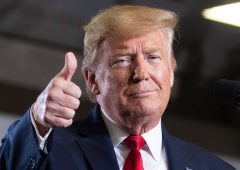American Company Bets Against Trump Media Day Before the Assassination Attempt – Coincidence?
18.07.2024 17:44 2 min. read Kosta Gushterov
Following the attempted assassination of Donald Trump, shares of Trump Media (DJT) surged approximately 70% in premarket trading on the first trading day following the incident.
Interestingly, the incident was preceded by significant DJT-related stock market activity.
Austin Private Wealth, LLC, a Texas-based financial planning firm, purchased put options on 12 million shares of DJT just one day before the attack.

The move by Austin Private Wealth is notable for its timing and scale. It is the largest short position the company has ever taken, representing 6% of the total number of shares and more than 16% of DJT’s available shares.
This is significant even without taking the assassination into account, as it was initiated just days before the RNC, where his nomination was expected to boost DJT stock, especially given President Biden’s recent debate and interview performances.
The Republican National Committee (RNC) is the primary committee of the Republican Party of the United States.
Adding to the intrigue, Austin Private Wealth amended its filing on July 16, removing its put option on DJT. This amendment is rather odd and significant, as it is the only one the company has made.
According to the company’s statement, the put option filing for DJT, as well as their other recent trades, was erroneous because “a third-party provider applied a multiplier that increased the share count by 10,000 times for all option contracts, not just DJT.

-
1
Tether Makes a Golden Move: Snaps Up One-Third Stake in Elemental Altus
14.06.2025 9:00 1 min. read -
2
Bitcoin Miner Bitdeer Boosts War Chest With New Convertible Notes Deal
19.06.2025 20:00 1 min. read -
3
FTX Dumps Another $10M in Solana as Wind-Down Efforts Press On
15.06.2025 12:00 2 min. read -
4
BlackRock’s BUIDL Fund Becomes Margin Collateral on Deribit and Crypto.com
19.06.2025 19:00 1 min. read -
5
Anthony Pompliano Unveils Bitcoin Treasury Giant After Landmark Merger
23.06.2025 17:30 1 min. read
FTX Halts Recovery Payments in 49 Countries: Here Is the List
The long-awaited creditor repayments from bankrupt crypto exchange FTX have hit a major roadblock, with the FTX Recovery Trust announcing a temporary suspension of payments to users in 49 foreign jurisdictions.
Trump’s ‘Big, Beautiful Bill’ Approved: What It Means for Crypto Markets
Congress has officially passed President Donald Trump’s landmark economic package, a sweeping bill that combines aggressive tax cuts with deep federal spending reductions.
BlackRock’s Bitcoin ETF Now Out-Earning Its $624B S&P 500 Fund
BlackRock’s spot Bitcoin exchange-traded fund (ETF), known by its ticker IBIT, has surpassed the firm’s flagship S&P 500 ETF in annual revenue, according to a new report from Bloomberg.
Ripple Has Applied for a National Banking License
Ripple has officially applied for a national bank charter from the U.S. Office of the Comptroller of the Currency (OCC), aiming to establish a new regulatory benchmark for trust in the stablecoin market.
-
1
Tether Makes a Golden Move: Snaps Up One-Third Stake in Elemental Altus
14.06.2025 9:00 1 min. read -
2
Bitcoin Miner Bitdeer Boosts War Chest With New Convertible Notes Deal
19.06.2025 20:00 1 min. read -
3
FTX Dumps Another $10M in Solana as Wind-Down Efforts Press On
15.06.2025 12:00 2 min. read -
4
BlackRock’s BUIDL Fund Becomes Margin Collateral on Deribit and Crypto.com
19.06.2025 19:00 1 min. read -
5
Anthony Pompliano Unveils Bitcoin Treasury Giant After Landmark Merger
23.06.2025 17:30 1 min. read


